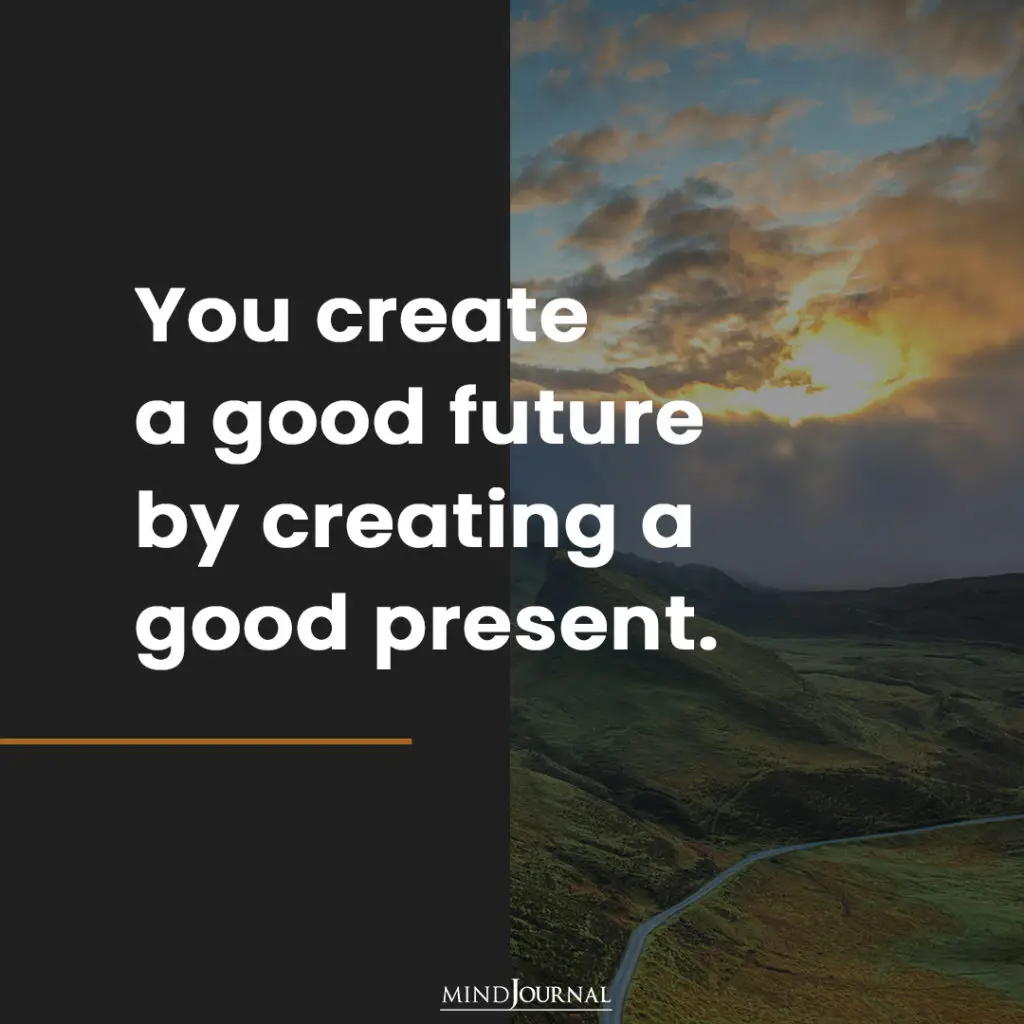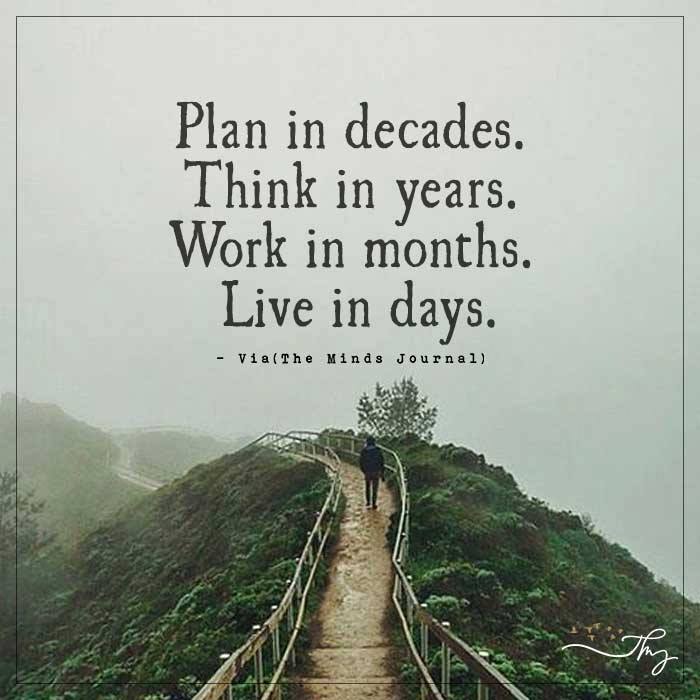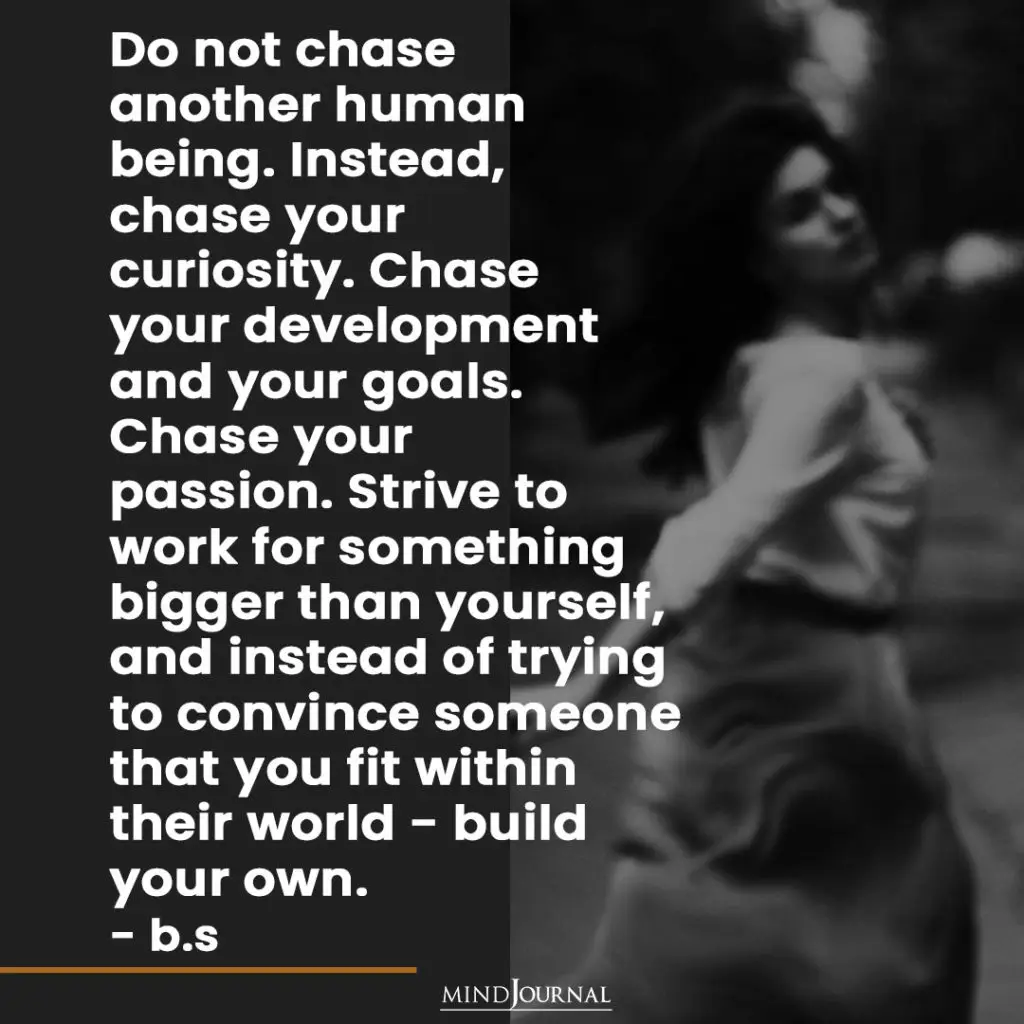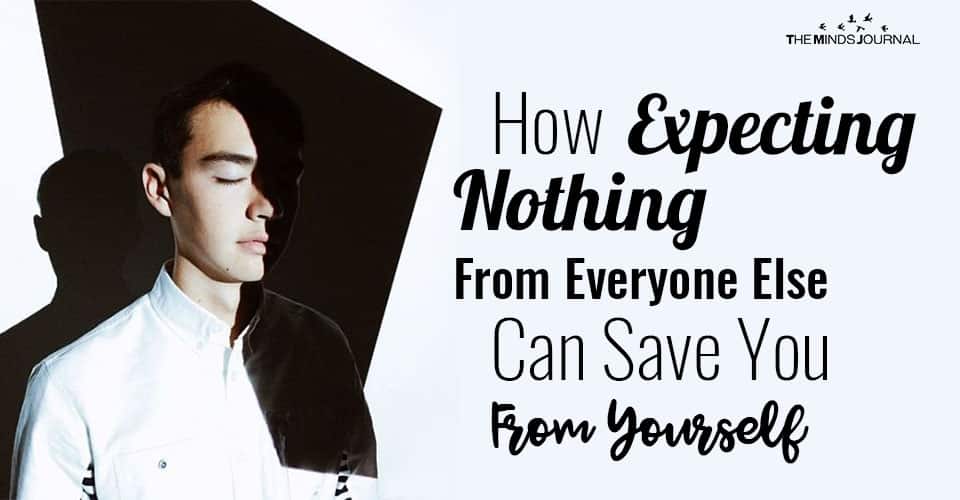How can you plan for a future that is uncertain and unpredictable?
An interview with Margaret Heffernan.
How much time, energy, and effort do you spend planning for what lies ahead for your team or organization? Given the dawning realization in most workplaces following the global pandemic that unpredictable and continual change is really the only certainty your business plans can be guaranteed, it’s worth asking if all your efforts at planning are worth the paper they are written on.
“Forecasting experts have found that if you’re very, very open-minded and consult a broad range of information sources, then probably the furthest out you can reliably plan is about 400 days,” explained Margaret Heffernan, author of Uncharted: How To Map The Future when we interviewed her recently.

“If, however, like the rest of us, you’re not quite that rigorous and you don’t regularly review your forecasts, then it’s more likely that your horizon for accurate forecasting is about 150 days.”
This means your best-laid plans for future are valid for about five months at best.
“A significant downside to being addicted to predicting the future is that the plans and forecasts begin to take on a false sense of value,” said Margaret. “Those who are addicted to prediction and to planning make themselves very rigid, so when things don’t go according to plan, all they can experience is a sense of loss.”
So,
How Can You Plan For The Future More Intelligently?
Margaret suggests that understanding the difference between complicated and complex systems is the key to plan for future. Every organization has both complicated and complex systems operating within it:
- A complicated system
A complicated system is generally a linear system in which patterns of cause and effect repeat in predictable ways and can be streamlined to create efficiency. An example of a complicated system would be the baggage checking-in process at the airport. There are lots of moving components and people involved in getting a bag to its destination, but it’s easy to see the whole system and the process is largely the same every day with few unforeseen situations likely to arise. This means it can be optimized for efficiency.
Read Choose a Rune: Your Choice Will Reveal What The Future Holds For You
- A complex system
A complex system is not linear and has lots of different factors interacting with each other. This can make it difficult to see the whole system at once because thousands of factors can be creating multiple reactions. It also means that things can change quickly, making planning challenging. In a complex system, flexibility is more valuable than expertise and efficiency, as the most recent thing that happened may not happen again.
To plan for future more effectively for the complicated and complex systems in your workplace, Margaret recommends the following:
Take stock of your complicated and complex systems.
Look at the systems and processes within your workplace and identify which ones are complicated and suited for the management of efficiencies and which ones are complex and require artistic flexibility. This will help you plan for the future more intelligently.
How are you encouraging people to understand the difference and equipping them with the capabilities to navigate both?
For example, a “just in time” approach is appropriate for a complicated system and is geared towards optimum efficiency. Whereas a “just in case” approach focuses on understanding what could happen that would have a huge impact, and ensuring contingencies are in place to make the business more resilient.

Read The Door You Pick Can Tell Your Future- QUIZ
Let go of your addiction to prediction.
While there is benefit in planning, it’s important to remember that plans are not reality. If you can be flexible and divert from the plan when required, you will have a more intuitive, creative, and imaginative response to the situation.
Try asking yourself, “What is the real story? How does it unfold? Where could it get me?” to take a more curious approach to opportunities and challenges, rather than trying to get your plan “back on track.”
Encourage the skills of curiosity and creativity.
Rather than trying to “manage” a complex system, take a more “artistic” approach.
For example, artists regularly work with the uncertainty of what the outcome of a project will be. They spend lots of time absorbing the world around them, observing people, and letting ideas coalesce. They understand at the start that they don’t know how it’s going to unfold, but they begin anyway.

Can you let go of your fear of uncertainty and give yourself permission to pursue a far richer array of future possibilities? Could you prioritize exploration and experimentation to uncover creative solutions to complex challenges? Could you invite, empower, and trust people to help you find new solutions? Do you have the resilience of an artist to plan for future?
Read 7 Strategies For Smarter Decision-Making, According to Science
What is your plan for the future? How are you planning for the uncertainty of the year ahead?
Leave a comment below.
(You can hear the full interview on the Making Positive Psychology Work podcast here.)
Written by: Michelle McQuaid Originally appeared on: Psychology Today Republished with permission















Leave a Reply
You must be logged in to post a comment.